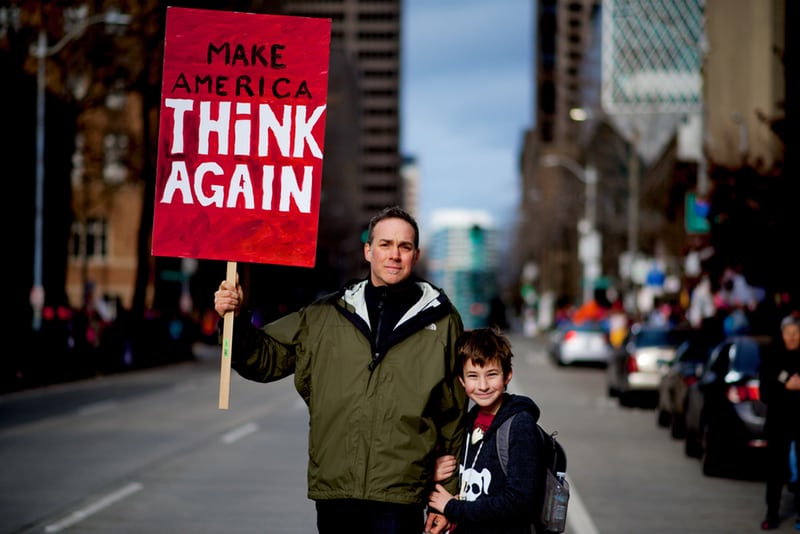Or listen on your favorite podcast app
Apple Podcasts / Google Podcasts / Spotify
—
“In the U.S, we’re a very optimistic, open-minded population, and that’s great, but it also makes us susceptible to false campaigns. We need to step it up in terms of helping our nation be more aware of this.” — Molly McKew
The term “fake news” gets thrown around a lot in today’s media. Using social media as its main conveyor, misinformation spreads like wildfire to reach the most receptive audiences. Why do people fall prey to fake news stories, and how can we identify them?
To answer these questions, we are joined by Molly McKew, CEO of Fianna Strategies, a consulting firm that advises governments, political parties, and NGOs on foreign policy and strategic communication. Molly has acted as a foreign policy and strategy consultant, as well as a Russia expert for governments in Central Europe and advisor to political parties in Georgia and Moldova.
Stephanie and Molly dig deep into finding the truth behind different types of fake news campaigns. Ultimately, it’s not always about the information spread; it’s about the why behind it’s spread.
“I think the key thing to figure out is the origin point. It’s not really about what is true or not; it’s what is the purpose of that information at that exact time.”
On this episode of Mission Daily, Molly, an information warfare expert, joins Stephanie to discuss disinformation campaigns. She also talks about the power of social media in the spreading of fake news, how to identify fake campaigns, and much more.
—
P.S. As part of our partnership with b8ta, we’re giving away three Withings Body+ Wi-Fi Smart Scales! Enter the giveaway for a chance to win or use discount code “MissionDaily20” to receive 20% off online at www.withings.com!
Key Takeaways from Molly:
- A lot of our personal opinions that we post online draw a lot of attention to false accusations that are being spread online. Molly discusses the importance of not reposting a subject, just because it makes you angry. If you do, “apply some context, and explain the subject matter— otherwise, don’t spread it.”
“In general, do not post things just because they make you angry. Think about why and what it is, what you need to say, and then put some context to it.”
- Molly takes some time to discuss how social media plays such an essential role in spreading true and false statements. When we are shown information online and believe it, a lot of the time, we stand by that statement regardless if it is proven to be false. Once a population is radicalized online, the only way to fix it is in person, which is a whole new challenge.
“The problem with social media is it is a super great tool for creating extremists or radicalizing a population, but a crappy tool for de-radicalizing or de-escalating conflict on various topics.”
- There is an increasing reliance on automated tools and AI, which has not proven to be able to filter through good and bad radical stories. Molly discusses the danger in today where there is a “push for automation because the scale has created a problem on almost all good research and discreet information campaigns .”
“We’re talking about AI vs. AI with humans in the middle. It is a landscape for disaster because there are real consequences on the way that people think and how they make decisions.”



